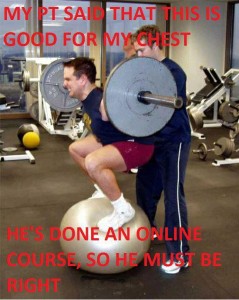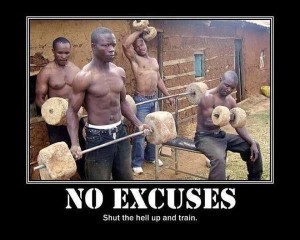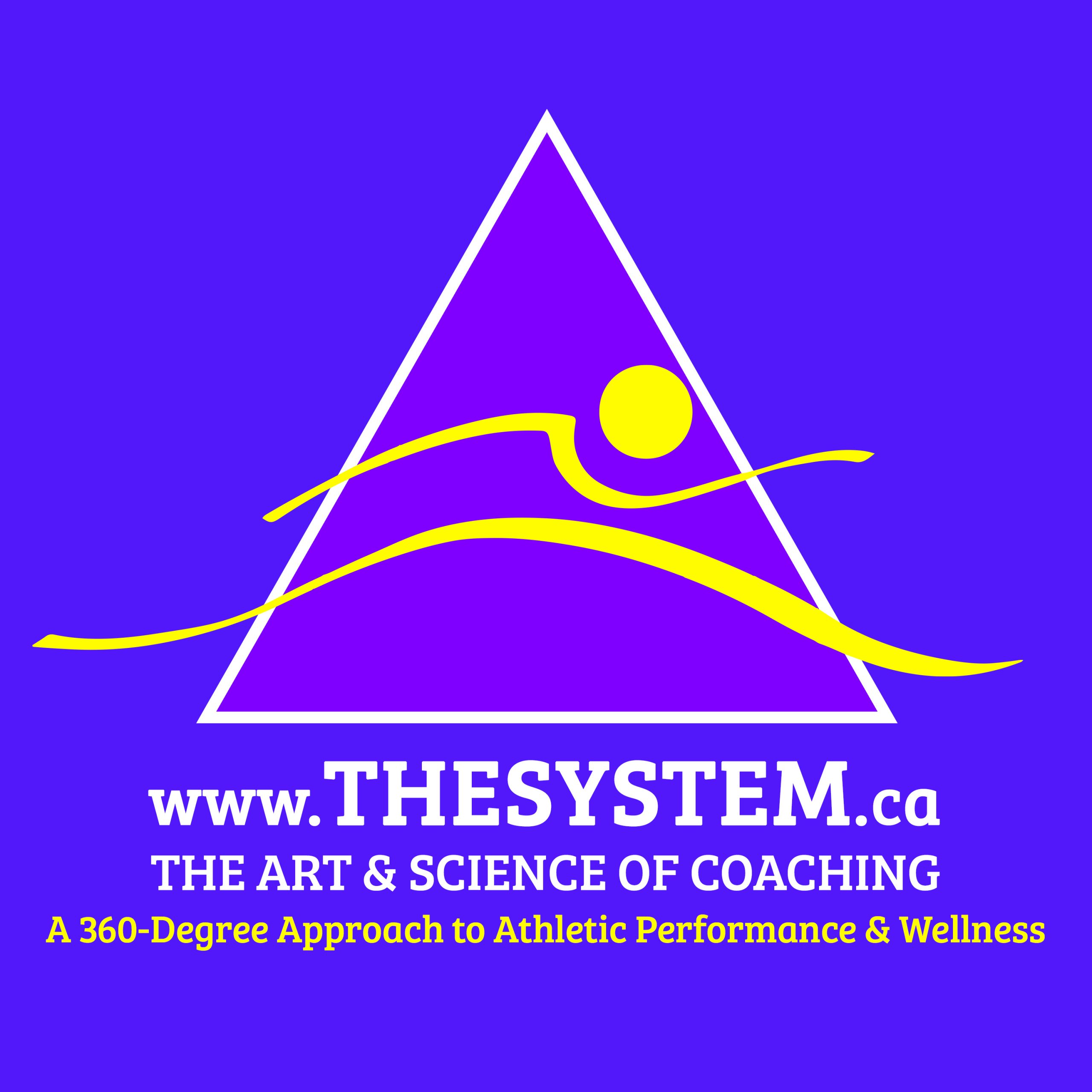In this day and age we live in, where “instant Gratification” is what’s on most people’s minds, the “tried & true methods” of conditioning, for some reason, no longer seem to appeal to athletes and coaches alike. Searching for the elusive “quick fix” results in short sighted gains, that are very transparent and do not penetrate to the core of performance. This is largely due to the lack of vision and wisdom…. to sum it up…. a very small paradigm.
“the best program is the one you currently are not on”
You might ask “what is a paradigm?” Well, according to The Oxford English Dictionary, it defines the basic meaning of the term paradigm as “a pattern or model, a set of rules by which solutions can be obtained, an exemplar.” Therefore, the larger the paradigm the larger the set of rules, thus encompassing more solutions.
The majority of coaches that we have come across work on very small paradigms, thus they can not look beyond their sport to obtain greater insight into their sport.
“the definition of stupidity is doing the same thing over and over again, and expecting a different outcome”
Most coaches are ‘gadget coaches’ / ‘textbook experts’, they simply can not coach and lack wisdom and patience to see a method of conditioning through its full conclusion, not before attempting to add another, only achieving the same result. These coaches are also the one’s that require ‘toys’ to justify their coaching prowess. They appear to the layperson athlete / parents with a full list of ‘cutting edge’ methods and ‘toys’, because it is something that their clients have not been exposed to, only to impress, but not to manifest in actual usable gains that have minimal short and long-term transference into their chosen sport.
These coaches also usually make claim to the fact that they hold up some new scientific study, that was done on college level participants at best, claiming some result that has little or no bearing to the athlete they are currently dealing with.
“Do you form the program around the athlete OR do you form the athlete around the program? The latter requires the coach to have richness of mind.”
Coaches that have an “Encyclopedic Mind” are usually hung up on facts, not realizing how these facts were obtained (i.e. the study methods, the participants, the current state of the participants, etc…..). Instead they take these facts and apply them broadly to all the athletes they encounter. They need to come to the realization that ‘Encyclopedic facts” without wisdom are useless, and that ‘studies’ are just some researchers opinion based upon the specific criteria that they analyzed. Therefore, given a different set of criteria, you can obtain different results. Thus results from studies are results based upon a particular population, for that day, for that particular method of observation….i.e. put things in a broad perspective / paradigm, then see how it fits in to the whole.
“If you say a lie enough times, it can become a fact”
The expression often uttered is “Wow! Look, he/she is able to balance on a Swiss Ball, which is placed on top of a rocker board, while then swinging a hockey stick / throwing a football / or squatting. Apparently the ‘Russians” did it.”
In our opinion, these armchair so-called experts lack the wisdom, patience and intelligence to design a long-term plan (i.e. 1 to 8 years), to guide an athlete to successive stages of conditioning, juggling simultaneously several training methods, each of which, by themselves, can not produce significant results, but combined in a strategic manner, create a symphony of results. 786
Any coach that claims that they’re on the proverbial ‘cutting edge’ with their information has not looked into the past, and fails to understand that he/she is…
“Standing on the shoulders of giants from the past, that’s why they can see to the future”
Men have accomplished great feats with minimal equipment, but what they did have was wisdom based on the school of experience.
“Do not try and re-invent the wheel, just make it roll with less resistance”
Getting back to our ‘cutting edge’ coach, he/she obtains the funds from the athlete / parent, who are under the impression that they are benefiting from these ‘techniques.’
On the contrast, coach small-time / old dude So-And-SO / Off-The-Radar (i.e. who’s not the popular guy on the web / ‘trainer to the stars’), who trains his/her athletes in a facility, that most health club members would easily draw parallels to the maintenance room at most health clubs, but produces extraordinary results with the least amount of effort and in the shortest period of time.
“Wise men learn from their experience. Geniuses learn from other peoples experience”
This Guy is not regarded as an expert because “All he does is make his athletes do ‘old, ‘not cutting edge’, and simplistic’ conditioning.”
“The more you know, the more you realize, the less you know”
It requires some intelligence to identify and address specific blockage(s) in an athlete, not to mention correcting these impeding factors, in a diligent, cohesive manner. Secondly, utilizing training methods that warrant the use of minimal energy directed at the source, to create strategic outcomes. Thirdly, draw from different areas of knowledge, but do not lose sight of the whole. Fourthly, the sum of the parts make up the whole, therefore determine for each athlete, what are these ‘parts’ in a hierarchical manner. Fifth, begin to devise a plan, with short and long-term goals that address the weaknesses, not losing sight of the end goal. Sixth, when constructing a plan, understand that you, the coach, have only a finite time period to accomplish your conditioning in, before the Nervous Cell / Central Nervous System (CNS) becomes depleted. Therefore, be wise on what method of conditioning you employ, as you wish to “get the most for the least.”
“Effortless Effort. If you seek it, you can not find it”
In conclusion, develop a broader paradigm, as this assists in conceiving of more possibilities, and consequently allows you to derive more potential solutions with minimal effort and time. After all “time is money.’
“Develop questions from what you learn and learn what you question”





